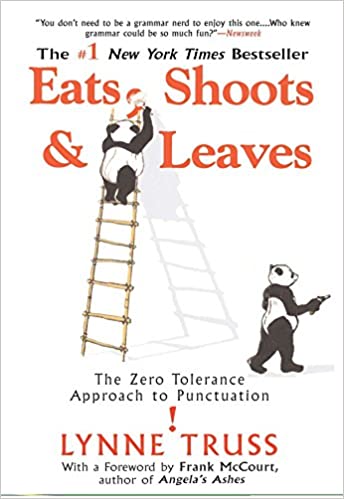
 f
f
|
22A011 The Sixteenth by Jim Davies, 3/15/2022
A month from now, about 150 million Americans will surrender, under threat, some $1,600 billion to the Federal Government. They will do so because a thick book full of laws and regulations demands it, and because if they don't, they'll be bullied, harrassed, fined and/or imprisoned. It's annual, and it's the biggest armed robbery on the face of the Earth. Those laws could be written only because the Sixteenth Amendment to the US Constitution appears to grant Congress the power to write them, and to enforce collection of an "income" tax, whatever "income" is supposed to mean. The text of the Sixteenth is shown here. The relevant procedure for amending that charter is that Congress proposes, and three quarters of the several States must concur. The wording must be ratified verbatim; and there's the first big problem. It wasn't. 
In her delightful book about punctuation, Lynn Truss shows how the meaning of a four-word phrase, "Eats, Shoots and Leaves" is completely dependent on the presence or absence of its single comma. You can read how on this image from its back cover. For ratification of the Sixteenth, therefore, with its vast importance for the wellbeing of everyone, the wording must be precise. It's not. The Amendment was written in 1909 and there were 48 States then, whose governments had to debate the proposal and vote it up or down, exactly as proposed. In 1984 William Benson investigated in depth what each actually did, and found that by 1913 not a single one had ratified it correctly. Many reported they had ratified it but actually changed its wording, in some manner great or small, like Lynn Truss's panda; some expressly rejected it but were reported as having ratified it (!); several took votes in its favor but failed to keep their own State laws regarding ratification of the US Constitution (for example, making sure the Governor signed it!) - see here for more detail. The process came up 100% short; it should have been dead on arrival. But Secretary of State Philander Knox mendaciously declared the Sixteenth ratified. That was arguably the biggest lie ever told, measured by its effect. It certainly deserves its place in this list of Twelve Huge Government Lies. There are serious problems with the text of the Sixteenth even if it had been properly ratified - for example, it uses the ambiguous legal term "income" but fails to define it; and that term is neither used nor defined anywhere else in the Constitution. Accordingly, the Amendment is "void for vagueness." But anyway, it wasn't. So the entire income tax system is a "law that never was." Bill Benson and others used the discoveries of his book to defy the annual heist but, predictably, the government courts refused to honor them. The burden of their findings was that having continued for 70 years he should not have expected the theft to stop just because Secretary Knox may have told a fib. Put another way: if you repeat a bad act often enough, it magically transforms into a good act. Ted Bundy, come back to life; all is forgiven. There's the nub of the problem; to find in Benson's favor would have meant admitting that the FedGov had, for that long, been existing on a gross lie as well as a grand larceny, and that would have shaken public trust in it so badly as probably to bring it down. No government-employed judge is likely to facilitate that. Suppose, though, that Amendment 16 had been properly worded and ratified. That's not impossible; government lawyers can write good English and State legislators can observe all local rules if they really wish. Would the tax on earnings then be perfectly okay? Benson might have said "yes", but I say "no," not in a million years. The foul stench of all taxation comes from its nature: that of theft, of stealing the fruits of people's labor, otherwise known as slavery. It is a moral outrage. There are legalized taxes (though not this one) but there is no such thing as a morally legitimate tax. This true story therefore adds great weight to the view, promoted here, that government is an entity that will never give up and go out of business; it will always use its power to protect that power and to acquire more. From that, it follows that it must be demolished regardless of its wishes, and so a peaceful method of doing so must be devised. One has been devised. It is to deprive it of employees, one by one, over a period longer than I'd wish - but trivially short in comparison to the 10,000 years it has existed. Call it the QuitGov solution, or the TOLFA method, it's ready and waiting - for each of us to use. And time is short.
|
|
|||||||||||||||||||||||||||||||||||||||||||||||||











